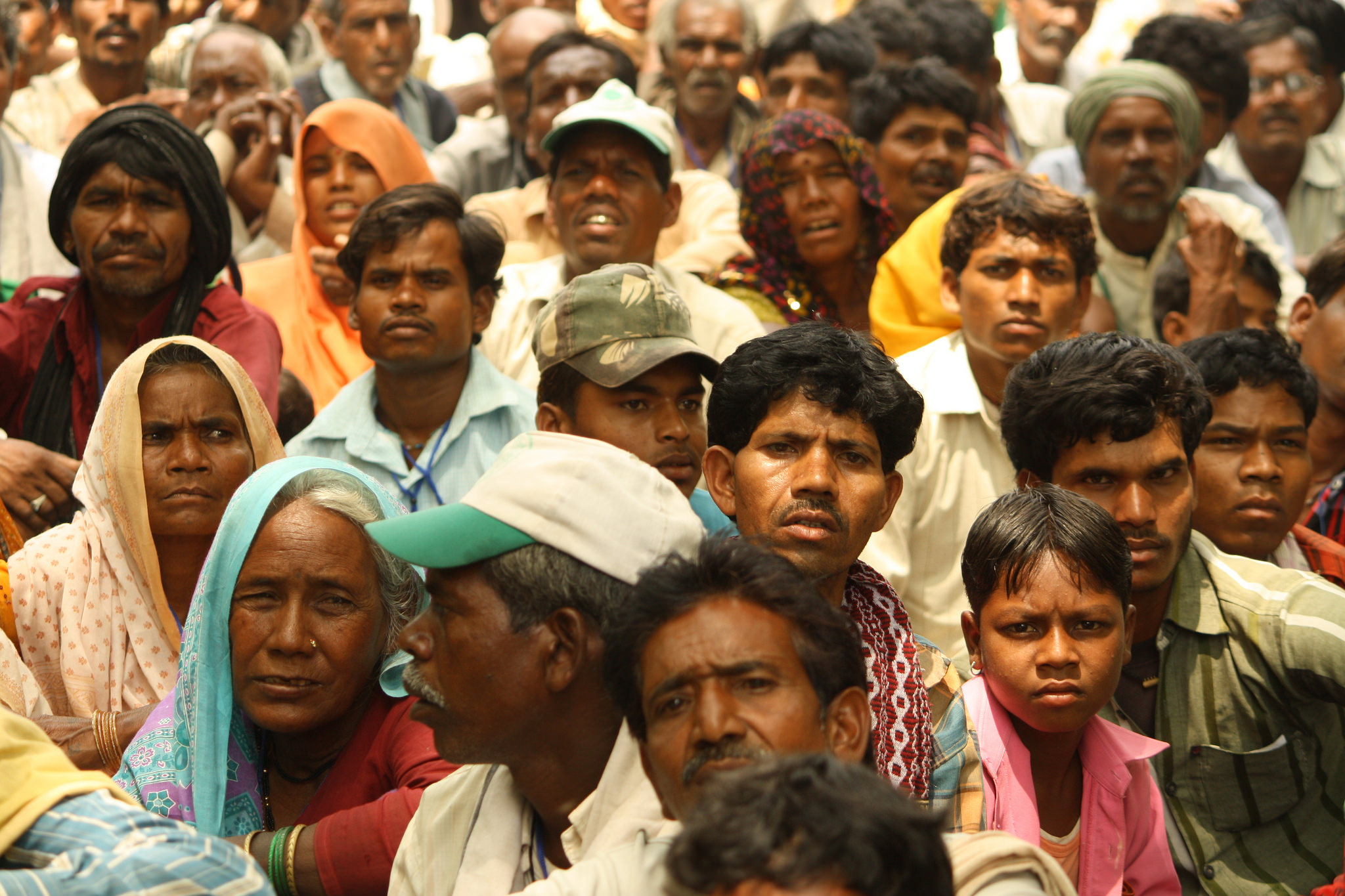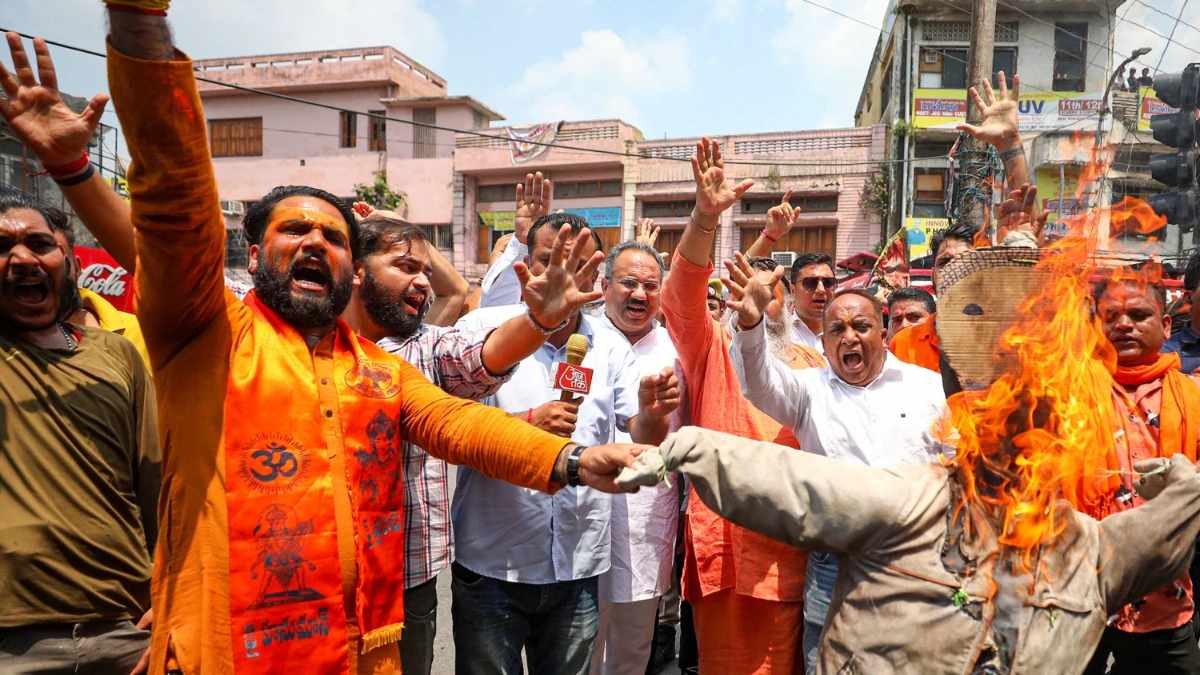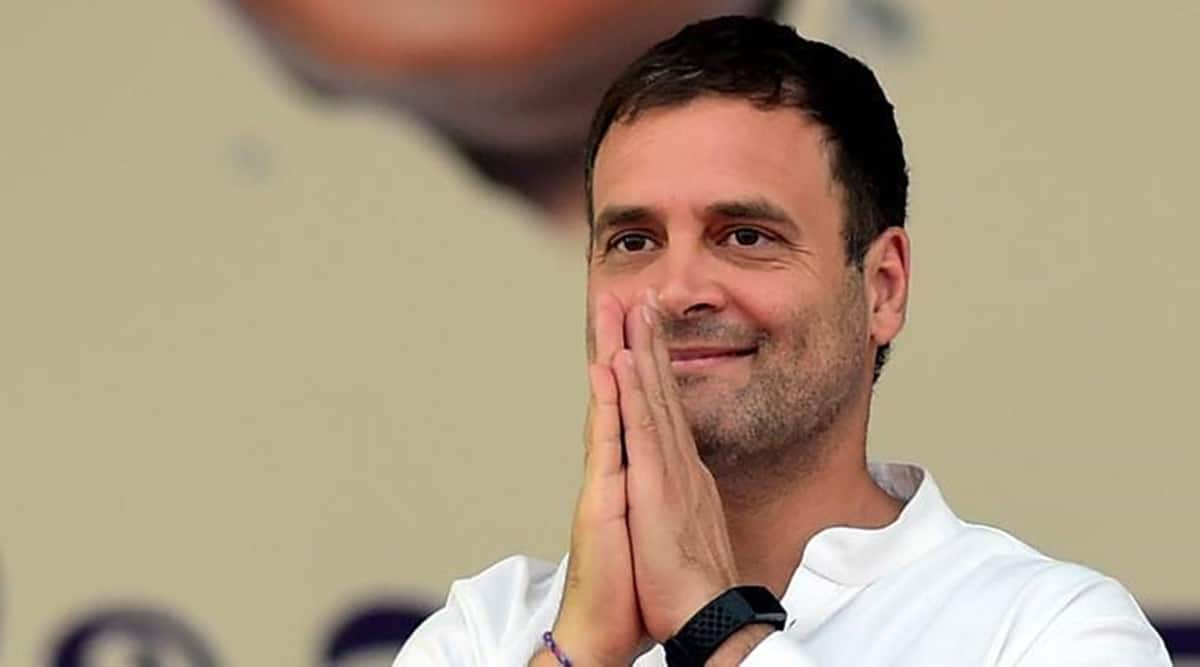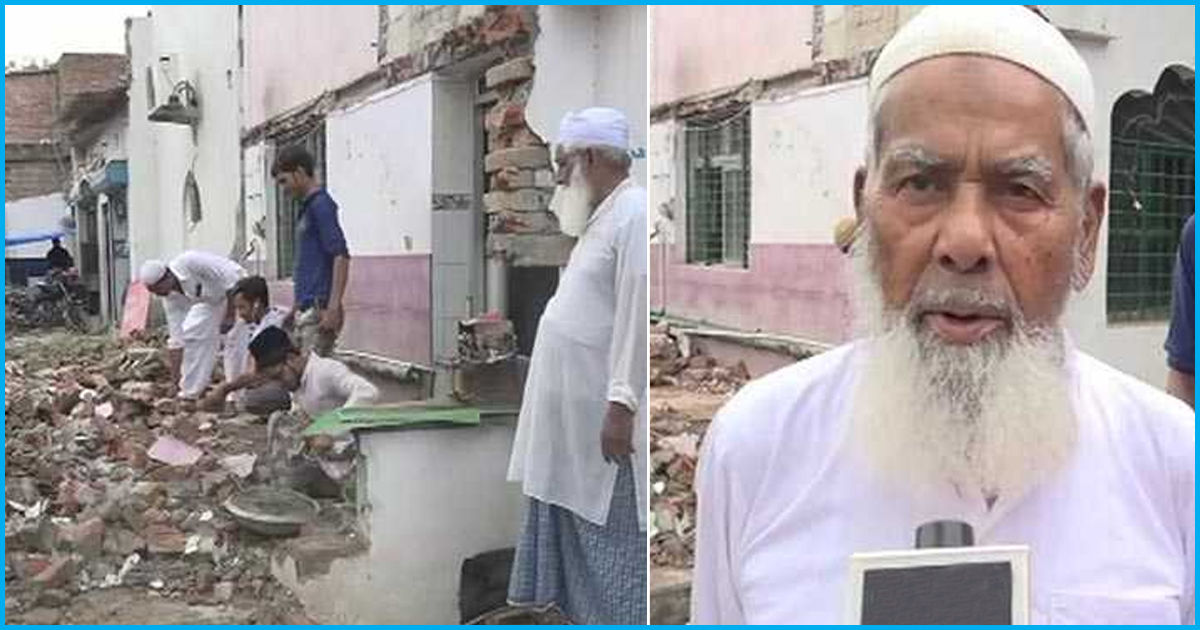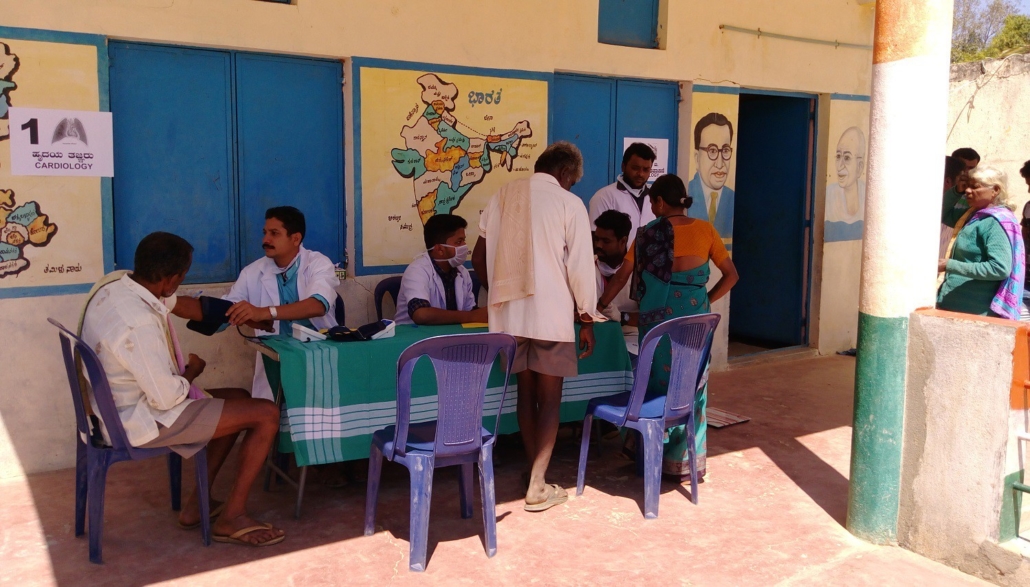India, which is renowned for its diverse culture and democratic ideals, has encountered difficulties sustaining the values of social justice and equality. The oppression and prejudice experienced by Dalits, the historically marginalised and oppressed population, are among the most urgent problems that continue to afflict the country. Even though the Indian Constitution grants everyone the same rights, majoritarian politics has cast a shadow over Dalits’ lives that hinders their advancement and upholds social inequality.
The situation of the weakest segments of society is getting worse by the day, despite the Bharatiya Janata Party’s (BJP) promises of “Sabka Sath, Sabka Vikas” (progress for all). Although Muslims are often seen as the main focus of majoritarian politics, Dalits are also seen as a major target of these politics. On the one hand, Dalits’ social and economic circumstances have gotten worse, while on the other, the BJP’s support among the group has grown. This is a contradictory situation that we are currently experiencing. The Rashtriya Swayamsevak Sangh (RSS), the organisation that gave rise to majoritarian politics and aims to include Dalits into Hindu nationalism, is likewise having an increasing influence.
Mahatma Jyotirao Phule, a significant reformer who made great strides for education and other rights of the downtrodden people inside the Hindu fold in the middle of the 19th century, is credited with coining the word “Dalit.” Intriguingly, Swami Vivekananda noted in his speech titled “The Future of India” that a sizable portion of these populations had also converted to Islam previously as a result of the caste system’s persecution.
The tireless efforts of B.R. Ambedkar through movements such as Chavdar Talab (access to public drinking water), Kalaram Temple (right to entry to temples), and the formation of the Independent Labour Party (1935), among others, raised the stakes in the battles for social equality and economic justice. The culmination of the initiatives was the establishment of reservations for Dalits in the areas of employment, education, and politics. Although there was some effect on Dalit life, the improvements were minimal and came about slowly.
The previous few decades have seen a marked deterioration in their situations. A number of economic, social, and political indicators show this decline. According to information provided by the National Coalition for Strengthening SCs and STs, “The report revealed that atrocities or crimes against Scheduled Castes (SCs) have increased by 1.2% in 2021, with Uttar Pradesh reporting the highest number of cases, accounting for 25.82%, followed by Rajasthan with 14.7% and Madhya Pradesh with 14.1% during 2021.”
In order to divide the community and divert attention from the main problems that the disadvantaged face, the BJP has been bringing up identity concerns under the direction of the Hindutva agenda. While cow vigilantism attacked the Muslim community and made lynchings a routine occurrence, it also targeted Dalits, who were the focus of angry mobs. Although Muslims are disproportionately affected by this violence, a sizable number of Dalits have also been lynched. The horrifying situation with Una hardly scratches the surface of what has been going on.
Since the BJP came to power, it has worked to weaken the impact of reservations for Dalits by adopting restrictions based on economic factors. However, reservations for Dalits have been crucial in redressing past injustices. Sukhdev Thorat, a sociologist, estimates that just 5% of Dalits who are employed benefit from reservation. Further reducing their rights is reserved for non-Dalit populations based on ill-defined economic factors. A segment will be further excluded from the benefits of reservations as a result of the introduction of the “creamy layer” and the clubbing of family and individual earnings. In a circular released in 2018, the University Grants Commission (UGC) listed 700 open positions across institutions, just 2.5% of which were designated for applications from members of the Dalit caste and none from the Scheduled Tribes (ST). Such actions will inevitably aggravate this community’s economic situation.
It is obvious that the BJP has worked to destroy the Dalit community’s rights and protections at every turn. Let’s take a quick look at the history of its parent organisation, the RSS, and the circumstances surrounding its formation to better comprehend this. The ‘Non Brahmin Movement in Maharashtra’s Vidarbha in the 1920s was the result of the ‘Non Brahmin Movement, which was Phule’s efforts to promote education among Dalits, followed by Ambedkar’s remarkable initiatives for social equality as India’s process of social reform picked up during the colonial period. The founding of the RSS was influenced by the uproar caused by these reforms among the upper caste. On the one hand, the Hindu Rashtra agenda denigrated Muslims and Christians as “foreigners,” while on the other, it often praised the era when Manu Smriti’s rules were in force and Dalits were treated with complete contempt as slaves.
Any efforts to achieve social equality were rejected by the higher caste communities. The RSS and its fan base were against the reservation clauses when the Indian Constitution was being drafted.
Dalits began to emerge in the social sphere as a result of the establishment of reservations and the large-scale opening up of positions in the public sector. Violence against Dalits occurred in Ahmedabad during the 1980s, when the Dalit community struggled for equality. The Mandal Commission’s report was put into practise in 1990, which gave the Rath Yatra a huge boost and eventually resulted in the Babri mosque being destroyed in 1992. Through it all, the BJP’s route to political dominance greatly widened.
The BJP’s majoritarian politics also sought to guarantee that the Dalit population was courted on a social, political, and economic level while being maintained in oppressive positions. To deal with the Dalits, the RSS launched the “Samajik Samrasta Manch” (Social Harmony Forum). While maintaining the caste system, this organisation propagated the idea of “Hindu unity.” In contrast to Ambedkar’s “caste annihilation,” it was successful in fostering unity among various castes among Dalits. It gained the support of some members of the community through coercion and social engineering. It has started erecting Dalit heroes like Suhel Dev in Uttar Pradesh (UP) with an anti-Muslim slant in an effort to win over the Dalits. It was like getting two things done at once. A portion of the community was won over by the BJP’s attempts to win over Dalits by dining at Dalit homes through the practise known as “sanskritization.”
It established a support base within the Dalit population through the extensive network of its swayamsevaks (cadres). This “RSS combine” also engages in pre-election efforts that portray Dalits as Hindus and other parties as Muslims’ appeasers. This was evident during the UP elections, where Dalit propaganda spread door-to-door claimed that the BJP is the only party that does not appease Muslims and is the defender of Hindu interests. At the electoral level, it was successful in using this method to gain a portion of the seats designated for Scheduled Castes (SC). With these tactics in place, it might win 44 of the 84 seats in UP in the 2014 general elections.
Another topic of discussion that is gaining traction is whether Dalits who have converted to Islam qualify for reservations or not. Thus, “Dalit Muslims” must endure double vengeance. They experience the worst communal violence because they are Muslims, and since they are Dalits, they are not eligible for reservations. Many Dalit writers and thinkers make the case that since Islam upholds equality for all people and does not have a caste structure, there is no reason to provide them with reservations. They also make the argument that the caste system is not sanctioned in the Quran. The reservation for Dalits, who are Muslims, is opposed by noted Dalit thinkers Suraj Yengde and Dilip Mandal.
They broadly contend that Dalit Muslims should not be given preference for reservations since Islam does not have a caste system as defined by its holy writings. Their reasoning has a weakness since civilizations do not function by reading the Bible. Communities adjust to the dominant social institutions, and the elites of the community secure the oppressed’s submissive status under various pretexts.
Muslims in South Asian societies are not exempt from the general realities of caste. The lower-caste Muslims were not taken into account for such a provision when efforts to provide modern education for Muslims were first launched, on the grounds that their low-caste employment did not require any modern education.
Because Dalit Muslims have the same characteristics as other Dalits, it would be unfair to deny them this minimal level of affirmative action. The issue is that the cake’s size must be raised if there are additional claims. The difficulty is that reservations made on the basis of economics significantly reduce the benefits of SC reservations. Some thinkers argue that increasing Muslim electoral provisions and affecting Dalit Muslims’ reservations will likewise enhance Muslim electoral provisions. Regarding the electoral reserve for Muslims, their involvement in the electoral process has already declined to appalling levels and is far lower than their proportion in the population. When giving Dalit Muslims reservations, this should under no circumstances be taken into account.
The difficulties of sustaining the ideals of equality and social justice are still starkly illustrated by the predicament of Dalits in India. The Dalits’ advancement has been hampered by majoritarian politics, which also perpetuates their marginalisation and discrimination. To solve this problem, all societal groups must work together to build an inclusive India where all people are treated with respect and dignity, regardless of caste or faith. India can only genuinely deliver on its promise of “justice, social, economic, and political” for all of its residents by making sincere efforts.
